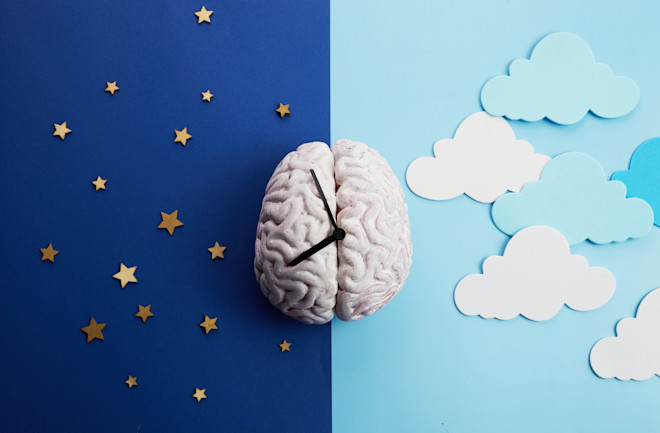Ask your doctor for EXACT information on that
Does Melatonin Cause Dementia?
We know that melatonin is associated with sleep and is often recommended for sleep disorders. But do scientists know if melatonin causes dementia?

Newsletter
The use of melatonin supplements has spiked significantly in the U.S. in recent years, prompting calls for more research into the effects of long-term melatonin supplementation in humans.
That’s because relatively little research has been done concerning how taking melatonin pills on a regular basis affects overall health. Particularly in aging populations with Alzheimer's or dementia. Melatonin support has also been recommended for those who are blind and struggle with a regular sleep schedule.
Synthetic versions of this hormone are frequently sold over the counter as a sleep aid, and research indicates that it likely impacts various aspects of health and wellness. The limited evidence available is also mixed on whether it benefits people who are struggling with sleep.
A research letter published in JAMA last year drew attention to roughly a five-fold increase in people taking melatonin in the U.S. between 1999 and 2018. The findings by a team of researchers in Beijing and the Mayo Clinic in Rochester, Minnesota cited data from a National Health and Nutrition Examination Survey. They called for more research on this topic in the science community.
Melatonin
Melatonin is a natural hormone that our brains produce, generally increasing when we’re exposed to the dark (at night) and decreasing during daylight. Thus, it plays a dynamic role in regulating sleep and circadian rhythms in humans and other mammals.
Melatonin and Sleep
The physiological production of this hormone typically declines in someone as they age, which might impact sleep patterns. That’s where oral supplements of melatonin offer potential promise and have been prescribed to populations with dementia and those struggling with sleep.
But the precise way
that melatonin regulates sleep is not fully understood. For example, in
its natural state, it doesn’t have a sedating effect. In fact, in nocturnal animals, the natural chemical is active and associated with wakeful states rather than sleep.
No comments:
Post a Comment